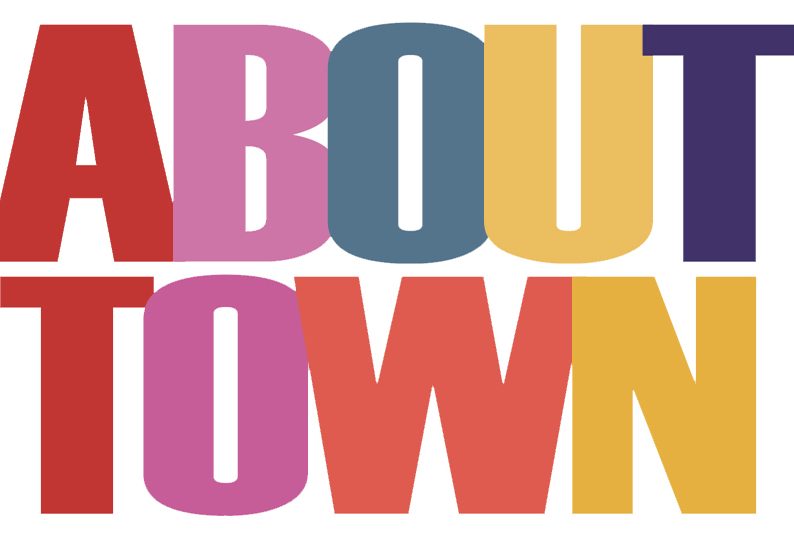RiverTribe’s High Street Correspondent Dominique Day reads the retail runes in the latest comprehensive overview from our local authority.
Most of us think we know everything about Richmond – what brings us here, what makes the town tick. We try to analyse what makes us happy and which businesses will prosper.
Earlier this year, the Council produced a definitive survey of more than 300 local businesses to pinpoint who we are, what drives us and what are our fears. It makes for interesting reading; businesses are most likely to be in Richmond because of proximity to the owners’ home or access to customers.
While the desirability of Richmond is seen as an advantage, also highlighted are issues such as affordability and competition for premises.
Businesses enjoyed a stable or growing turnover during 2017 which has resulted in 43% of owners feeling optimistic about the prospects for their own business, versus 36% fearing that the business environment on the whole will get worse.
Many have experienced increases in their expenditure in utilities, rent and staff, meaning that increased turnover may not necessarily translate into profit margins.
And what do we all want? ‘Easier parking and lower business rates,’ according to virtually every person we spoke to in the High Street. What makes us uneasy? The quiet death of the high street as well as Brexit.
This is best summed up by Vigen and Karen Khatchik of Toy Station: ‘Parking charges in Richmond are on par with Kensington but we don’t have Kensington’s footfall or money!
‘Richmond is an attractive shopping destination but for that we need attractive, customer-friendly shops. We need it to maintain substance and dignity. We could move online but we want to be here to serve the community – children won’t remember shopping for their first toy on Amazon but they will remember an outing here,’ adds Vigen.
Help is at hand; the Richmond Card offers a 30 mins free parking window, though most people feel this should be extended to an hour or even for the time period once the school day has finished.
The other bête noire – business rates, are recognised in the council’s survey but there is no action.
‘The rate is currently set by national government, rather than local authorities, increasing awareness of this could help to ensure that businesses judge the Council only on those matters that fall within its remit,’ the survey concludes.
But in truth although business rates are not set by the councils, they have the power to offer relief for shops. So, come on councillors – give us a helping hand!
Of course, there’s another big beast looming over the horizon – Brexit. According to Colin Wallis of R Chocolate on the Green: ‘There is deep, deep uncertainly over Brexit around skills shortage and people leaving. I’ve been here since 1985 and I’ve never seen this many empty shops.
But there are new arrivals. Alex Gabrielides, a Greek-South African restaurateur, has just bought the famous Richmond Hill Bakery. He says, ‘After coming here for years, I’ve decided to stay put and invest in Richmond. I love it here for the sense of community and hope to be a great part of it.




